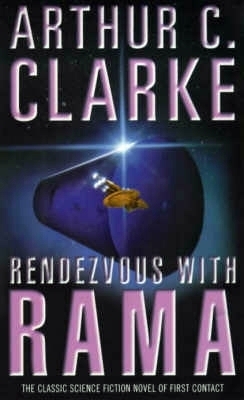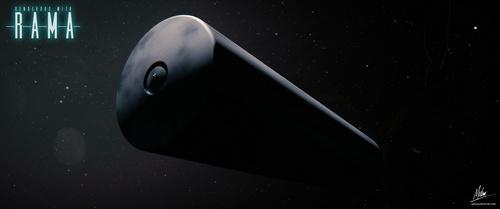What do you think?
Rate this book


243 pages, Paperback
First published June 1, 1973
“But at least we have answered one ancient question. We are not alone. The stars will never again be the same to us.”I always find it interesting to see whether science fiction classics end up standing up to the test of time, given ever-changing technology, paradigms and culture. Some of them still shine, while others become hopelessly dated and irrelevant.
“Feeling extremely foolish, the acting representative of Homo sapiens watched his First Contact stride away across the Raman plain, totally indifferent to his presence.”
“[…] It had given a final, almost contemptuous proof of its total lack of interest in all the worlds whose peace of mind it had so rudely disturbed.”





Is this world alive? they asked themselves, over and over again. Is it dead? Or is it merely sleeping?

